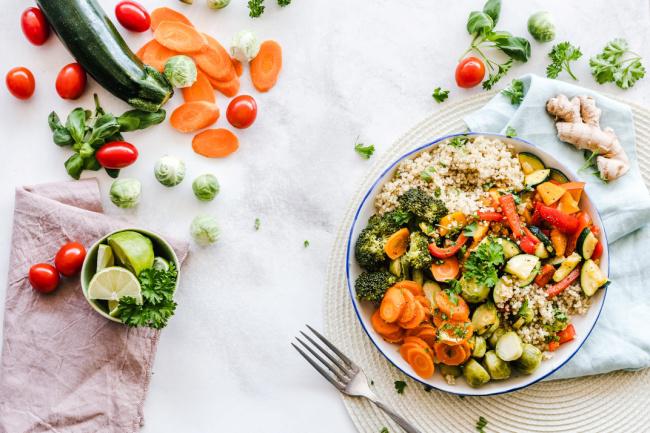
What is sustainable living? How Your Choices Shape a Sustainable Present and Future
By embracing sustainable living, we adopt practices that contribute to the well-being of the environment, society, and economy.

If your diet consists of fatty meat, the risks of getting cancer and cardiovascular diseases are higher. As well, the more we eat, the more is produced. The production of meat contributes to greenhouse gas emissions, which intensify global warming, especially when it comes to ruminants (cows, sheep). So, should we stop eating meat to save our environment while staying healthy? The answer is NO, but it is proposed that we reduce red meat intake below 50 g/day.
Supporting evidence: https://doi.org/10.1016/j.foodres.2020.109341

By embracing sustainable living, we adopt practices that contribute to the well-being of the environment, society, and economy.

The idea of a sustainable diet was established in 2010.

A sustainable diet is considered to be a diet that resembles a nutritionally healthy diet.

Sustainability goes beyond admiration; it is a commitment to maintaining the delicate balance between our species and the planet.

Several scientists are “defending” meat consumption, replying that red meat is the source of essential nutrients.
Welcome to Sustainable Living by Science. With our scientific mindset, we are exploring how to nurture our well-being while caring for the environment. We are sharing the meaning of sustainability through evidence-based practices. Join us on this journey towards a greener, healthier future where science guides us to make the best choices for ourselves, the planet, and others.
All content is © 2024 by Sustainable Living by Science. All rights reserved.